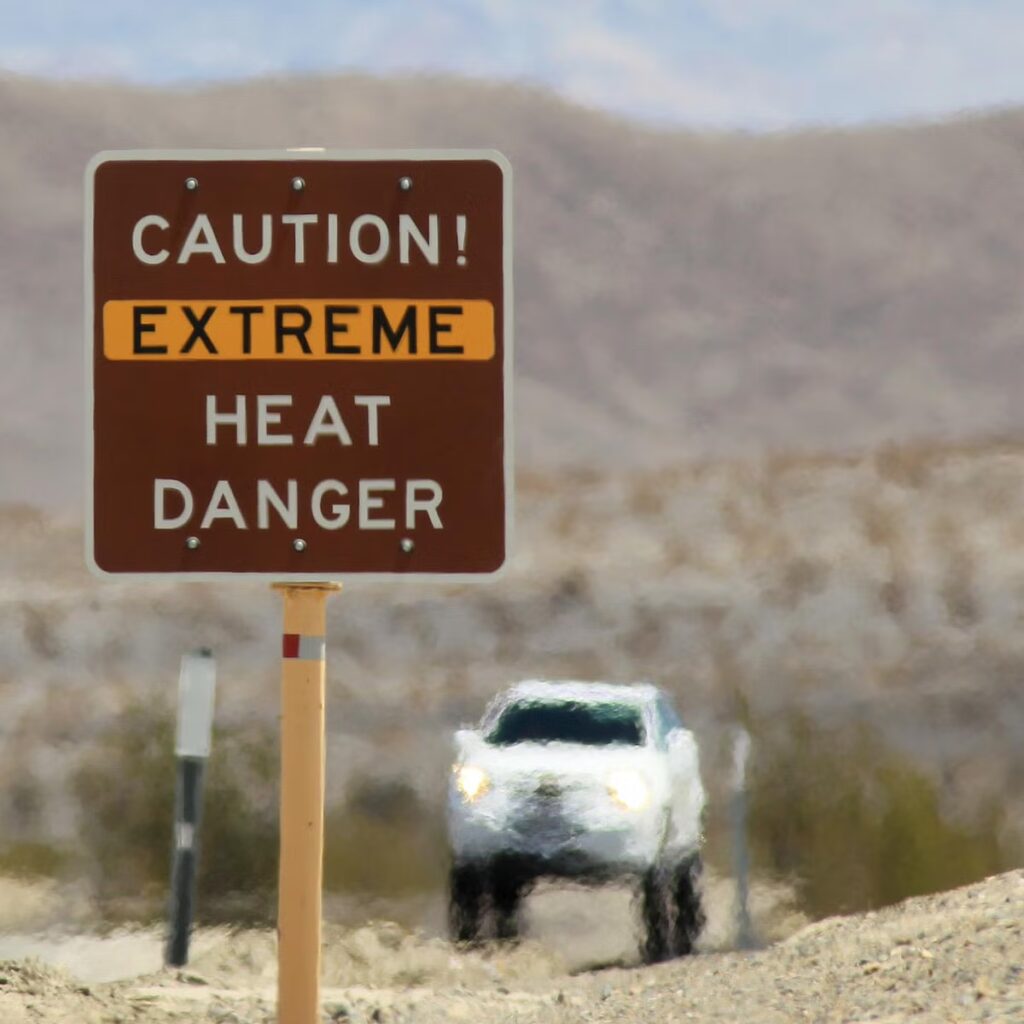Islamabad, March 19: The world has just witnessed its hottest decade, according to the latest State of the Global Climate report from the World Meteorological Organization (WMO).
This report, widely regarded as the most authoritative source on climate updates, reveals alarming trends that should prompt global leaders to take decisive action.
However, experts are doubtful that such action will materialize given the current lack of urgency.
The report highlights that the atmospheric concentrations of carbon dioxide, methane, and nitrous oxide have reached the highest levels in 800,000 years.
In 2024, a new heat record was set, with 2024 being confirmed as the hottest year on record, surpassing even the previous high set in 2023.
2024 Hottest Year in Recorded History
Moreover, 2024 is expected to be the first year in which global temperatures exceed 1.5°C above the baseline set between 1850 and 1900, a key threshold outlined in the Paris Agreement.
While this does not mean permanent crossing of the global limits set by the Agreement, scientists warn that we are dangerously close to doing so.
Read More: Pakistani-born Cricketer Dies in Extreme Heat During Match in Australia
A major factor behind these rising temperatures is the record levels of greenhouse gases, further exacerbated by El Niño, a weather phenomenon that warms waters in the eastern Pacific.
The WMO estimates that long-term global warming has reached between 1.34°C and 1.41°C above pre-industrial levels.
Despite these alarming trends, United Nations Secretary-General António Guterres maintains that limiting global temperature rise to 1.5°C is still possible, but only if world leaders take immediate and effective action.

Rising temperatures are also having a profound effect on the world’s oceans. Oceans, which absorb 90% of the excess heat, have set new heat records every year for the past eight years.
Sea Level Rising Consistently
This warming has caused significant damage to coral reefs, worsened tropical storms, and accelerated sea ice loss. The rate of sea-level rise has doubled since satellite records began in 1993.
Also Read: Karachi Weather Alert: Intense Heatwave Expected
In 2024, the rate of global mean sea-level rise reached an unprecedented 4.7 millimeters per year, a stark increase from the 2.1 millimeters per year observed between 1993 and 2002.
This rising sea level is contributing to severe flooding, erosion, and the salinization of groundwater in coastal regions.
The report also highlights that 2024 saw the largest number of people displaced due to climate impacts in 16 years. Tropical cyclones, floods, droughts, and wildfires displaced millions.
Extreme Heatwave in Saudi Arab at Hajj
Extreme heatwaves, such as those recorded during the Hajj pilgrimage in Saudi Arabia, further exacerbated the crisis.
At least one million additional people faced acute food insecurity compared to 2023, with some regions experiencing severe disruptions to food supplies.

Worryingly, the report also points out that many of the displaced people could have been spared if early-warning systems had been in place, though only half of the world’s countries have adequate early-warning systems.
Prominent climate scientists have stressed that the world must take urgent action to avert the worsening impacts of climate change.
Also Read: UN Warns Extreme Heat Poses Severe Health Risks to 500 Million Children Worldwide
Sarah Perkins-Kirkpatrick, a climate professor at the Australian National University, warned that net-zero emissions are no longer enough to address the crisis.
She urged that more urgent action is needed, warning that without such efforts, the situation will only worsen.

Linden Ashcroft, a climate scientist at The University of Melbourne, expressed frustration at the lack of effective action from governments and businesses, emphasizing that unless significant changes are made, the climate crisis will continue to escalate.
The need for immediate global leadership and coordinated action on climate change has never been clearer. Yet, without concerted efforts, scientists warn that the situation will only continue to deteriorate.









